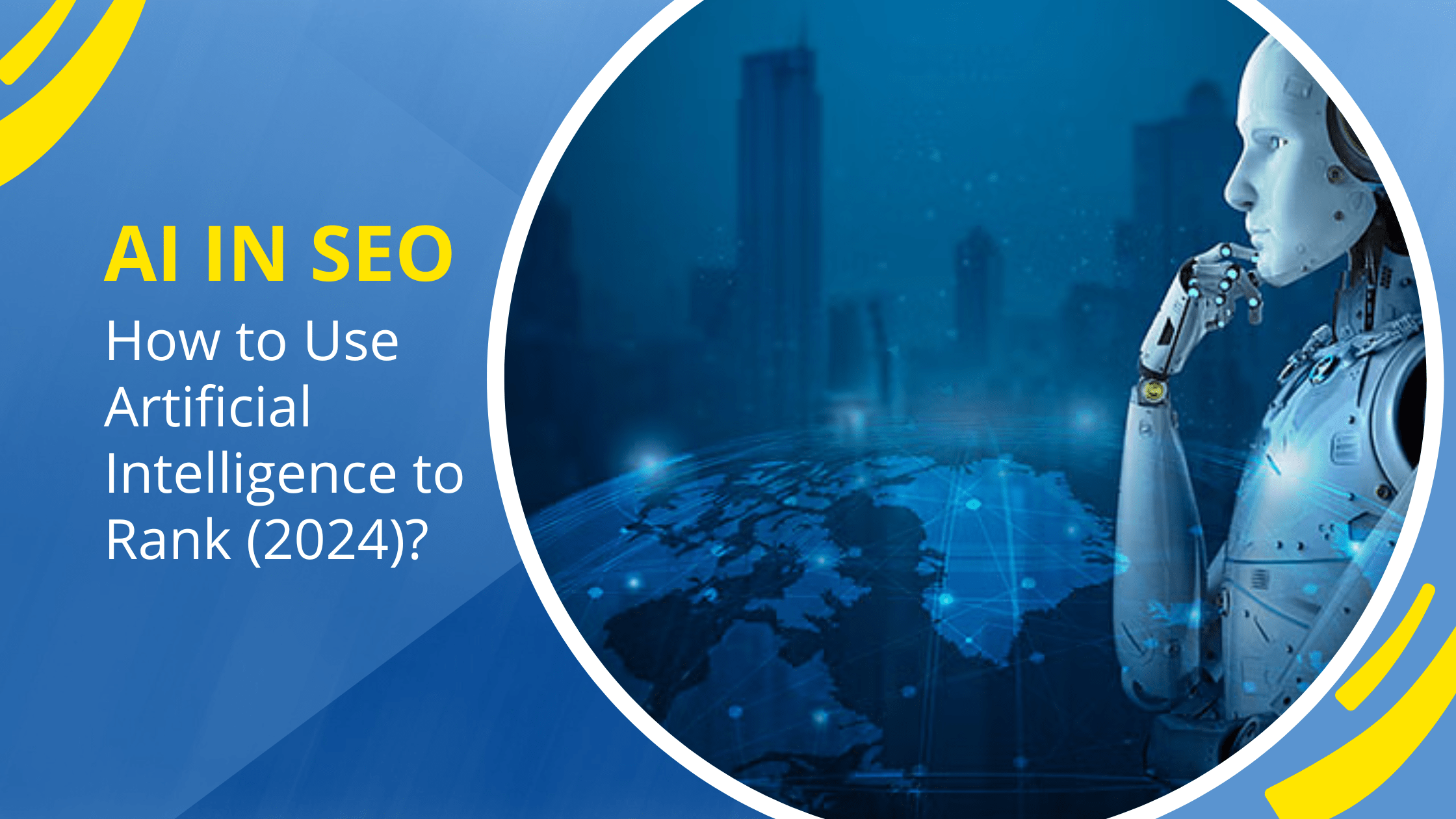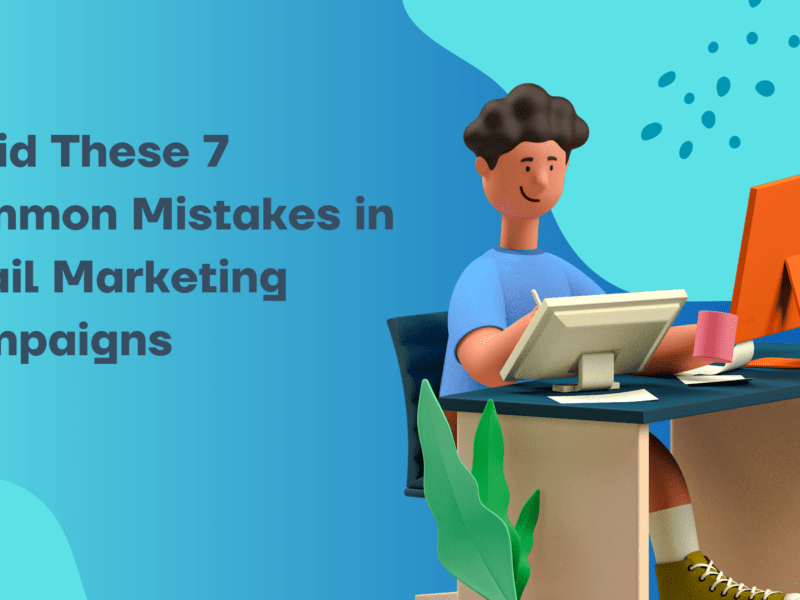In the dynamic realm of search engine optimization (SEO), staying ahead of the curve is crucial for maintaining and improving website rankings. With the rapid advancements in technology, artificial intelligence (AI) has emerged as a powerful tool for optimizing SEO strategies and achieving higher visibility in search engine results pages (SERPs). In this comprehensive guide, we’ll delve into the role of AI in SEO and explore how you can leverage it to enhance your website’s rankings effectively.
Understanding AI in SEO
Artificial intelligence refers to the simulation of human intelligence processes by machines, particularly computer systems. In the context of SEO, AI technologies are utilized to analyze vast amounts of data, identify patterns, and make data-driven decisions to improve search engine rankings.
AI-powered tools and algorithms can automate various aspects of SEO, including keyword research, content optimization, backlink analysis, and performance tracking. By leveraging AI, marketers can gain valuable insights, streamline processes, and make informed decisions to optimize their websites for better visibility and organic traffic.
Key Applications of AI in SEO
- Natural Language Processing (NLP): NLP algorithms enable search engines to understand and interpret natural language queries more accurately. By analyzing user intent and context, NLP helps search engines deliver more relevant and personalized search results, enhancing the user experience.
- Content Generation and Optimization: AI-driven content generation tools can analyze user behavior, search trends, and competitor content to create high-quality, engaging content that resonates with target audiences. Additionally, AI-powered content optimization tools can suggest improvements to enhance readability, relevance, and SEO effectiveness.
- Ranking Algorithms: Search engines use AI-powered ranking algorithms to assess the relevance and authority of web pages based on various factors such as content quality, backlink profile, user engagement, and website performance. Understanding these algorithms and optimizing your website accordingly is essential for achieving higher rankings in SERPs.
- Predictive Analytics: AI algorithms can analyze historical data and user behavior patterns to predict future trends and changes in search engine algorithms. By leveraging predictive analytics, marketers can anticipate shifts in the SEO landscape and adapt their strategies proactively to stay ahead of the competition.
- Image and Video Recognition: AI-powered image and video recognition technologies enable search engines to understand the content of visual assets better. Optimizing image alt tags, captions, and metadata using AI-driven techniques can improve the visibility of multimedia content in image and video search results.
How to Harness AI for SEO Success
- Invest in AI-powered Tools: Explore and invest in AI-powered SEO tools and platforms that can automate routine tasks, provide valuable insights, and optimize various aspects of your SEO strategy. Look for tools that offer features such as keyword research, content optimization, backlink analysis, and performance tracking.
- Optimize for Voice Search: With the rising popularity of voice-enabled devices and virtual assistants, optimizing your website for voice search is essential. Utilize AI-driven NLP techniques to understand and optimize for conversational search queries, long-tail keywords, and natural language patterns.
- Create High-Quality, Relevant Content: Leverage AI-driven content generation and optimization tools to create high-quality, relevant content that addresses the needs and interests of your target audience. Focus on providing value, answering questions, and solving problems to attract and engage users effectively.
- Monitor and Analyze Performance: Use AI-powered analytics tools to monitor website performance, track key metrics, and identify areas for improvement. Analyze user behavior, conversion rates, and SERP rankings to assess the effectiveness of your SEO efforts and make data-driven optimizations.
- Stay Updated and Adapt: The field of AI and SEO is constantly evolving, with new technologies and trends emerging regularly. Stay updated on the latest developments, algorithm changes, and best practices in AI-driven SEO and adapt your strategies accordingly to maintain a competitive edge.
Conclusion
In conclusion, artificial intelligence has revolutionized the field of search engine optimization, offering marketers powerful tools and techniques to enhance website rankings and drive organic traffic. By leveraging AI-driven technologies for tasks such as content generation, optimization, and predictive analytics, marketers can gain valuable insights, streamline processes, and stay ahead of the competition in an ever-changing SEO landscape. Embrace the power of AI in SEO to optimize your website effectively and achieve sustainable success in the digital marketplace.


